We drum into our kids that they need to talk, if it’s not to us, then to somebody they trust, just get it out … but are we really letting go enough to allow them to do that?
Current guidelines in adolescent medicine recommend that all young people should be able to see doctors for confidential consultations without parents present – however, research has shown that this just does not sit well with all parents.
Why it’s so important for teens to get confidentiality from medical practitioners
Kidspot spoke to Dr Rony Duncan, Senior Research Fellow at Murdoch Children’s Research Institute and lead researcher into a study that conducted a series of interviews with parents of adolescents to talk to them about their views on confidential consultations for young people. The research showed that the thought of their personal issues being disclosed to their parents or carers means that teens will be less likely to seek out healthcare in the first place. If teens do seek out care and don’t feel confident in their privacy, they may not disclose sensitive information about their lives and they’ll be less likely to return for future appointments.
Avoiding medical attention for teens just isn’t an option. According to the Australian Institute of Health and Welfare:
- One quarter of 16- to 25-year-olds have a mental disorder
- One third (35 percent) are overweight or obese
- 30 percent are drinking at risky levels
- One in five have used an illicit drug in the past year
- 40 percent of young people in years ten to twelve have had sex
- 7 percent have been the victim of physical or sexual assault
- Injury and poisoning are the leading causes of death for young people
Why do parents have such a hard time with this idea?
A recent case was highlighted in the Gold Coast when the mother of a schoolboy was furious when her son was prescribed the anti-depressant, Prozac, without her knowledge. The 16-year-old was given the prescription by a GP at the youth mental health service, Headspace, who defended the doctor’s decision, saying young people using their service have a right to expect confidentiality.
This mum is not alone. Many parents want to be told what goes on behind closed doors when their teenager visits a doctor, even if their children don’t want them to know. To find out why, the Centre for Adolescent Health in Melbourne recently interviewed parents of teenagers to find out what influences their views.
Some parents felt that not knowing every single detail of their teenager’s life meant that they were a bad parent. Some believe that “no-one knows your child like a parent does” and therefore the right questions may not be asked.
In regards to confidentiality, one parent said, “I would willingly step out if I trusted the doctor to share with me anything I need to be aware of.” Kind of confusing right?
“These parental skills are vital when children are young. But as children grow up and enter adolescence, it becomes more and more important for them to have privacy. Yes, this comes with risks. What if they don’t share all the necessary information? What if they don’t remember what is said? What if they don’t understand what is explained? But these are necessary risks,” Dr Duncan says.
“It’s really tough to begin stepping back as a parent as your kids get older, but part of being a good parent is allowing your kids to have more independence. Letting them have confidential health-care is part of that.”
How can doctors help parents feel comfortable with child confidentiality?
Doctors are not in competition with parents. They want the same things that parents do – to keep young people healthy and well, physically and mentally.
Dr Duncan suggests: ”Health professionals need to prioritise this time alone for young people, despite other competing demands and despite this being an uncomfortable conversation to have with some parents. They may need to invest more time in building rapport with parents (as well as with young people) in order to develop this trust and understanding, and may require additional training and support to do this effectively.”
“It’s understandable that parents want to know what’s going on with their children, but if doctors tell parents everything, it’s no longer a private space. And we know that confidentiality is vital if young people are going to open up about their lives to doctors and therefore get the healthcare they need.”
This article was written for Kidspot and is based on an article originally posted by Rebel Wylie on parenting.kidspot.com.au
For more information on confidentiality (health privacy) for youth and teens in New Zealand, information is available from the Ministry of Health, including this helpful leaflet.


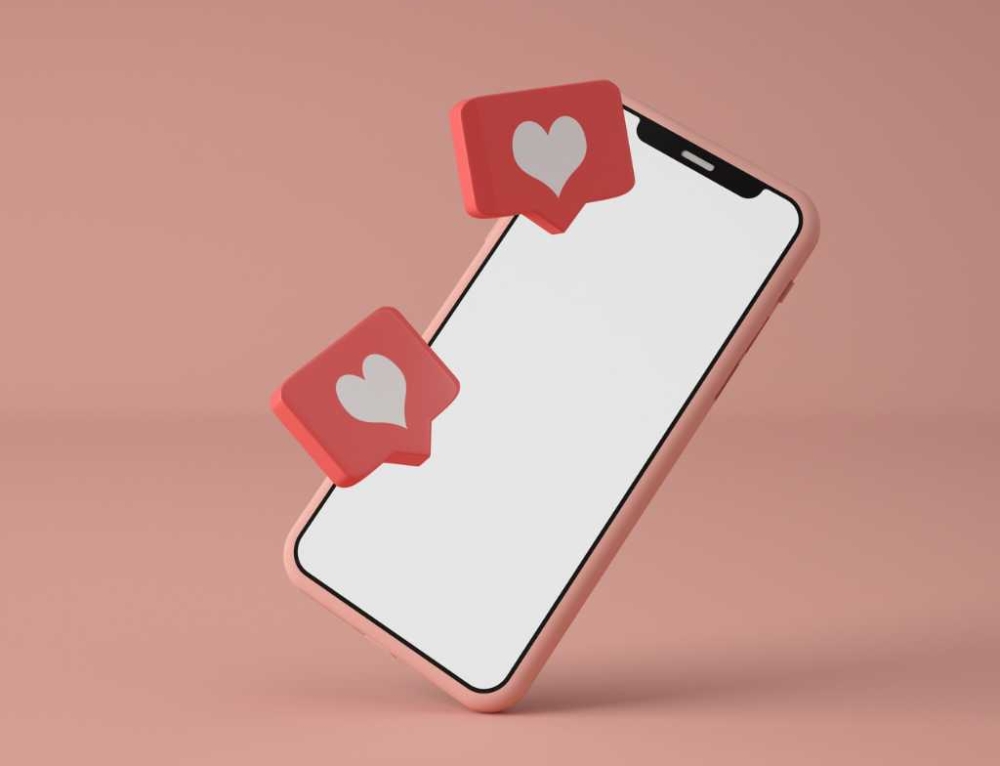
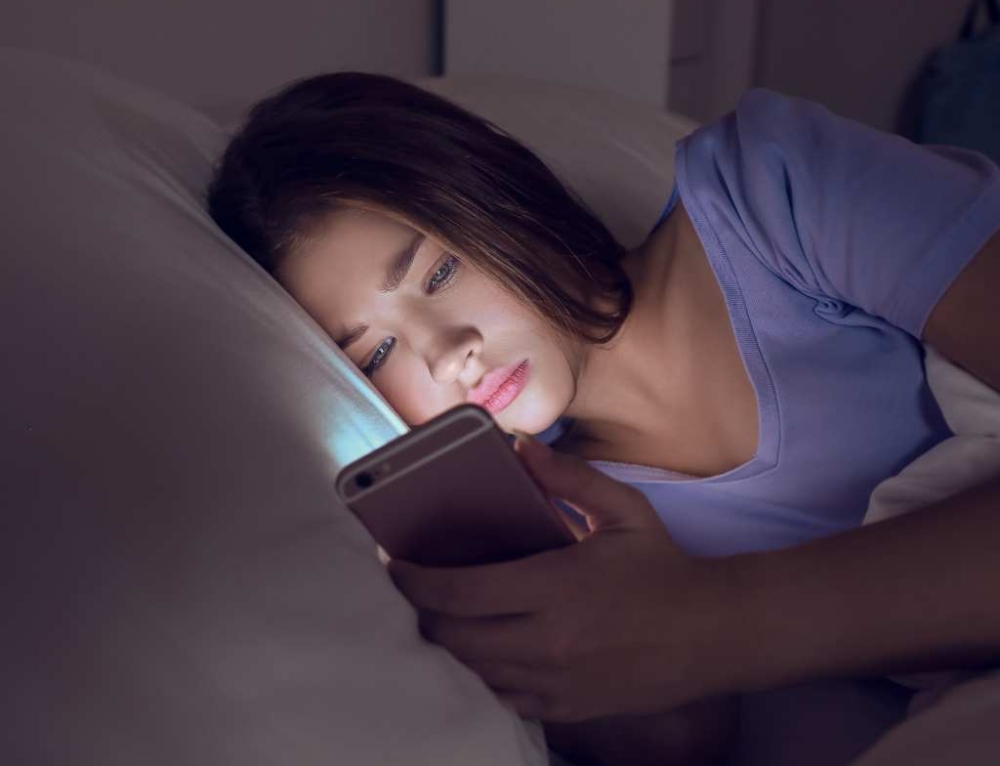
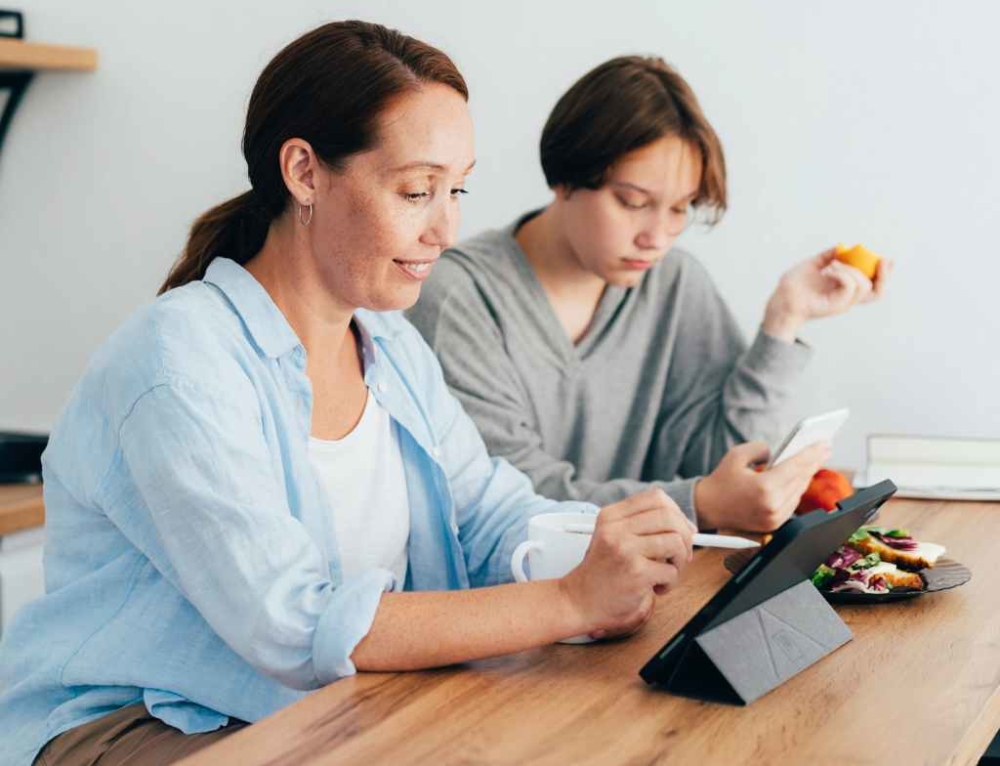
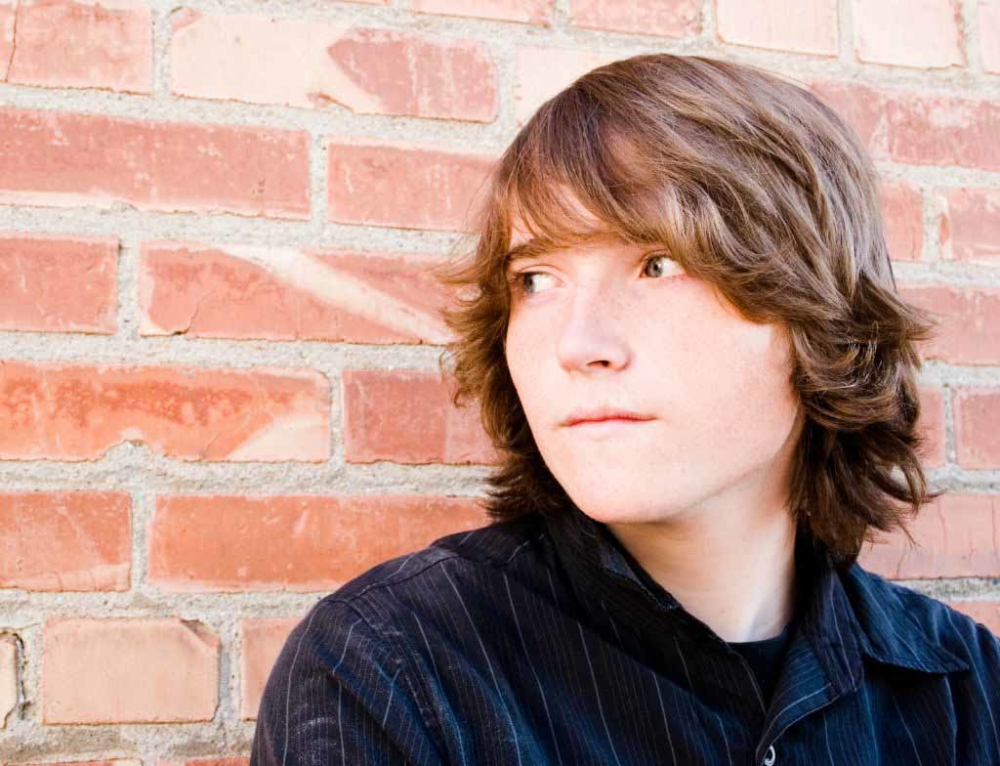
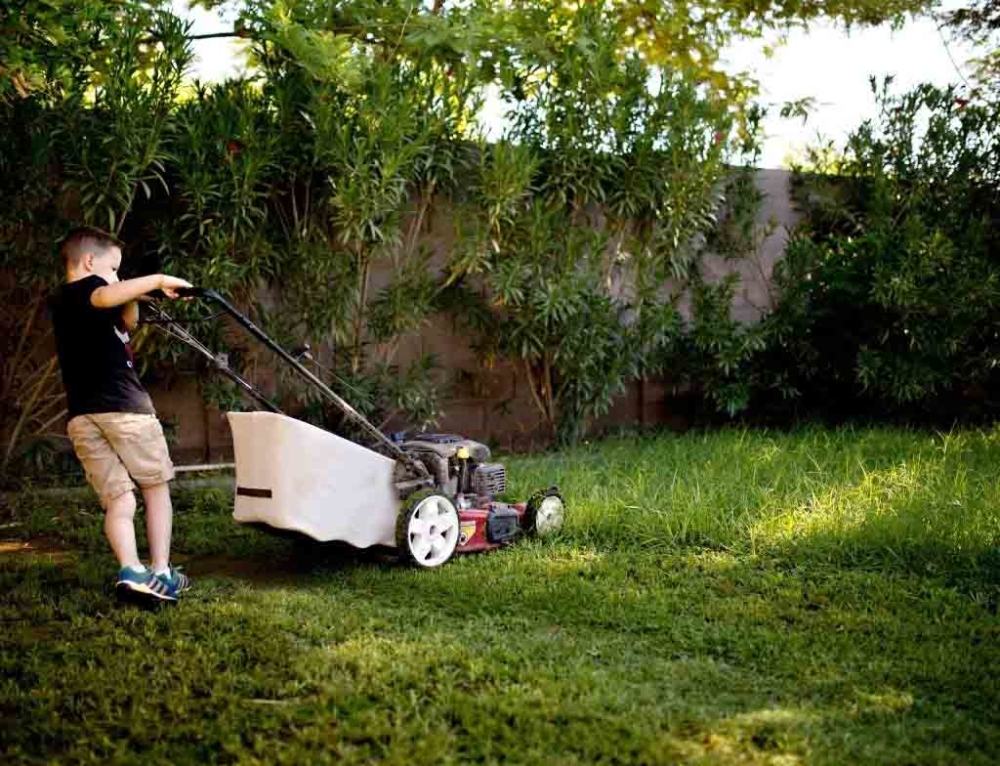
Hmmmm hard one – I have a 24 year old son and also a 4 year old daughter (I know big gap!), have been through doctor stuff with my son and to go through things with my daughter as well. I think they do need to have some privacy but to a point. My son and I discussed most things as he was growing up and we still do, I want the same for our daughter 🙂
My kids are both young still, but I hope I can give them both that privacy as they grow up. I also hope they’ll always feel like they can talk to me about anything. Though despite beat efforts I know that fear can get in the way if openness even in the best circumstances